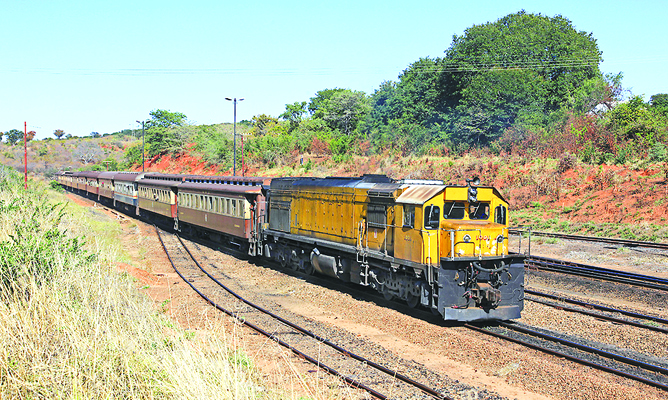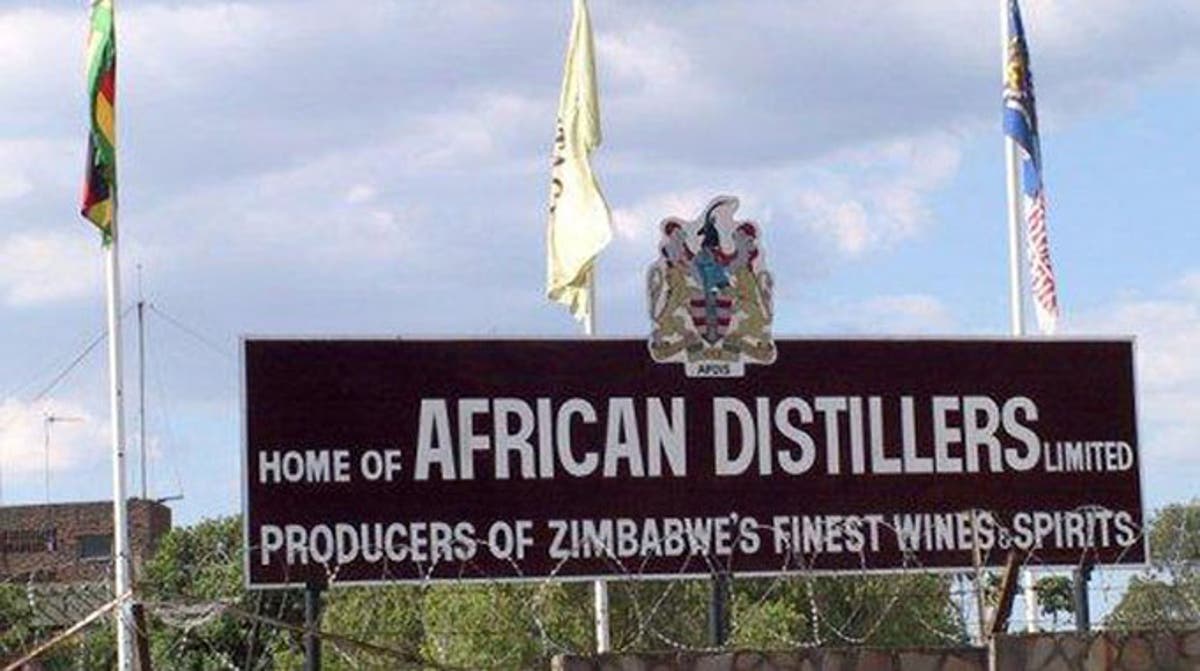Zimra aims for US$7bn tax revenue
THE Zimbabwe Revenue Authority (Zimra) is targeting to collect US$7,155 billion tax revenue this year, representing a 17 percent increase from the 2024 target.
The tax collector has devised bold measures to achieve the national revenue target.
Zimra is the Government’s revenue collection agency mandated to assess, collect revenue, facilitate trade and travel, and enforce the payment of taxes, levies, royalties, and duties for the country.
In the 2025 National Budget, Finance, Economic Development and Investment Promotion Minister Professor Mthuli Ncube projected revenue collections at ZiG270,3 billion, equivalent to approximately US$7,5 billion.
Expenditure for the period is forecast to be ZiG276,4 billion. To enhance revenue collection, Minister Ncube proposed several new tax categories to widen the tax base.
Some of the tax measures included the review of the Special Economic Zone (SEZ) regimes, the introduction of a 10 percent withholding tax (WHT) on gross winnings of sports betting punters, the introduction of a fast-foods tax at a rate of 0,5 percent on the sales value, and the reintroduction of duty on selected medical products.
Zimra board chairman, Mr Anthony Mandiwanza, in a statement of the authority’s revenue performance report for the second half of 2024, said gross annual tax revenue amounted to ZiG110,50 billion, surpassing the set target of ZiG105,73 billion by 4,51 percent.
This, he said, reflected strong performance across key revenue streams, indicating an effective tax collection strategy and improved compliance.
He said the projected revenues for 2025 would be supported by various revenue-enhancement measures, including improved tax compliance through improved enforcement, expanded digital platforms, and enhanced administrative efficiencies within Zimra.
“Key to achieving this target will be the successful implementation of policy interventions aimed at broadening the tax base and reducing evasion.
“While external factors like global economic conditions and commodity price fluctuations pose challenges, the combination of strategic reforms, technological advancements, and ongoing institutional improvements provides a strong foundation for meeting the revenue target and fostering economic growth,” he said.
Mr Mandiwanza said that during the second-half of 2024, the authority successfully exceeded both its quarterly and annual revenue targets, a direct result of the improvements brought about by digitalisation.
He said the positive impact of the initiatives was expected to ensure sustainable benefits well into the future.
“The digitalisation drive implemented by Zimra has delivered remarkable results, ushering in six transformative projects that have significantly elevated the tax administration process to new heights.
“These projects have not only streamlined internal operations but also enhanced the overall efficiency and effectiveness of tax collection, positioning Zimra as a leader in modernising tax administration,” he said.
Moreover, Mr Mandiwanza said the taxpayer experience had greatly improved, with a substantial portion of services now automated, providing clients with faster, more convenient access to services and reducing processing times.
“This shift towards automation has also enhanced transparency and compliance, fostering a more user-friendly environment,” he said.
According to the report, the total net revenue for the second half of 2024 reached ZiG69,22 billion, surpassing the target of ZiG64,60 billion by a variance of 7,15 percent, reflecting the effectiveness of the tax collector’s revenue generation strategies, supported by the stabilisation of the exchange rate, which created a more predictable economic environment.
“This stability provided businesses with the confidence to plan for the short to medium term. A new policy streamlining exemptions and zero-rated goods also boosted VAT on local sales, surpassing its target by 88 percent.
“This was further complemented by the onboarding of VAT taxpayers to the newly introduced Fiscalisation Data Management System (FDMS), which enhances real-time data sharing with taxpayers,” said Mr Mandiwanza.
He noted that the growth of digital money transfer platforms further enhanced revenue, with the Intermediated Money Transfer Tax (IMTT) showing remarkable performance in the second-half of the year.
Zimra said its efforts to combat transit fraud were also successful in restoring order and improving compliance with regulations.
The authority also indicated that while Excise Duty revenue fell short of expectations, the introduction of fiscalisation for fuel stations, as outlined in the 2024 Mid-Term Budget Statement, is expected to drive future improvements in compliance and revenue collection.
“These initiatives, combined with the authority’s ongoing focus on innovation and process enhancement, position Zimra for continued success and sustainable revenue growth in the years ahead.”
According to the report, the tax authority is owed by both private companies and public institutions, including state enterprises and parastatals.
Notably, Mr Mandiwanza said 80 percent of the outstanding debt stemmed from new assessments resulting from thorough audits and investigations, reflecting the authority’s proactive approach to identifying and addressing potential discrepancies.
“The remaining 20 percent represents uncollected current obligations not honoured, and the authority is actively implementing a range of strategies to ensure the timely collection of taxes owed by clients.
“These efforts are helping to support the authority’s ongoing mission of enhancing fiscal responsibility,” he said.
He noted that the proportion of refunds decreased from 3,69 percent in the first-half of 2024 to 2,81 percent in the second-half, due to policy measures that shifted most products from zero-rated status to either standard VAT rates or exemptions.
Mr Mandiwanza said ongoing improvements in border management had significantly enhanced trade facilitation, with system upgrades designed to expedite processing times and enhance seamless integration for efficient information sharing and verifications.
He said the expansion of the single window project had played a key role in streamlining the operations of agents at border points, contributing to smoother trade flows.
“Additionally, the increased use of drone surveillance has further strengthened border monitoring, ensuring greater security and efficiency in the movement of goods.
“These initiatives reflect the Authority’s commitment to modernising operations and fostering a more effective and efficient trade environment,” he said.
Mr Mandiwanza said Zimra also made significant strides in systems development with the successful launch of the electronic tariff, TaRMS (Tax and Revenue Management System), ASYCUDA (Automated System for Customs Data) upgrade and fiscalisation projects, which have provided secure and effective systems for managing domestic revenue.
He noted that in its quest to enhance the standardisation of processes and procedures, the authority has embarked on the ISO 9001:2015 certification journey, aiming to improve the quality of service to all stakeholders.
He highlighted that the construction of staff accommodation at various stations like Chirundu and Maitengwe border posts has gained momentum, with the expectation that these projects will be completed by 2025. -chroncile









